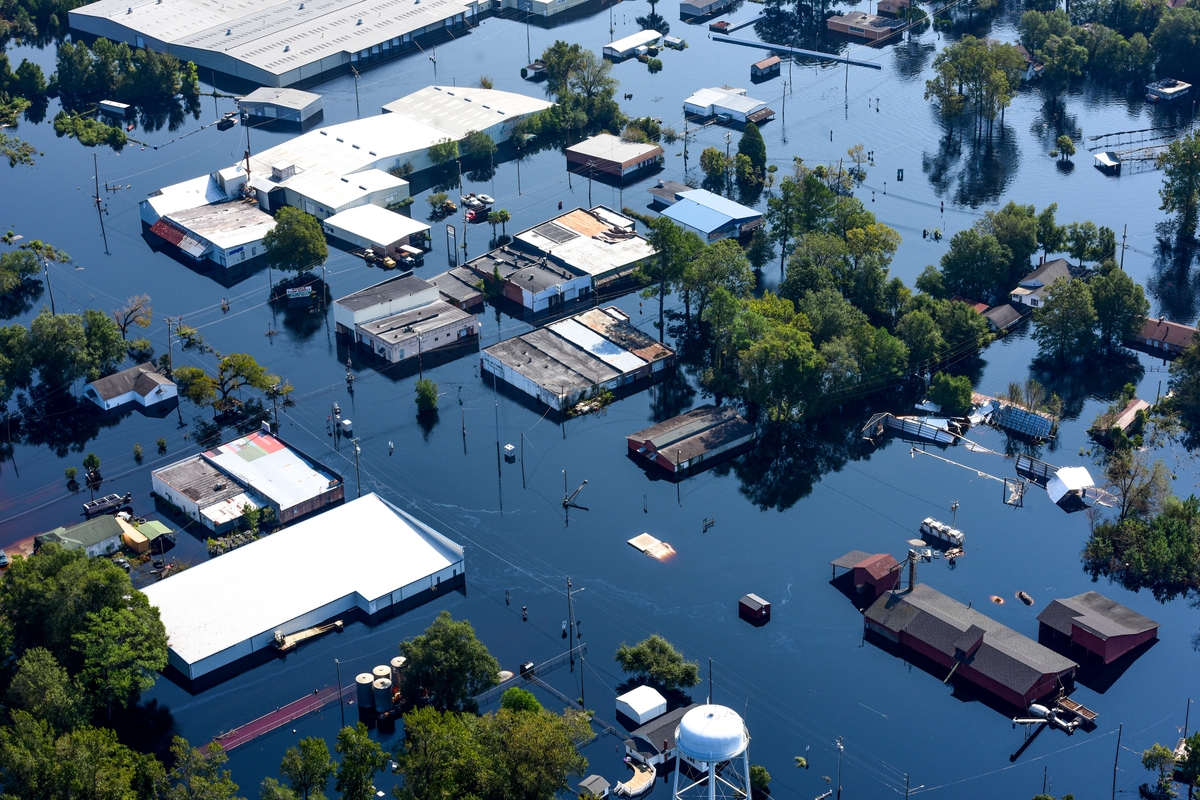
In an era where climate change is increasingly influencing financial stability, a new study sheds light on how extreme weather events like heavy rains and tropical cyclones affect mortgage defaults and prepayments. This topic, first brought into focus by Mark Carney, former Governor of the Bank of England, has been a growing concern among financial regulators worldwide.
Weather Extremes and Mortgage Risks
The study, conducted in Florida, involved analyzing a massive dataset of 69,046 loans, amounting to over 3.7 million loan-month observations. Florida, known for its vulnerability to hurricanes and floods, serves as an ideal case for this study. The researchers used an innovative Cox proportional hazard model, incorporating spatiotemporal characteristics and weather variables, to examine the influence of weather extremes on mortgage risks.
Key Findings
- Impact of Tropical Cyclones: The study reveals a significant, non-linear relationship between the intensity of tropical cyclones and mortgage defaults. The risk of default escalates notably with the increase in hurricane categories, especially moving from category two to three.
- Heavy Rains and Flood Risks: Heavy rainfall in flood-prone areas also shows a substantial impact on default risks. Interestingly, such conditions discourage prepayment of mortgages, as borrowers may prefer to retain the option to default if insurance fails to cover disaster damages.
- Climate Change Projections: By employing the First Street flood model projections for 2050, the study anticipates a systematic increase in mortgage risks due to climate change. This increase varies based on different scenarios of extreme weather events.
The findings of this study underscore the importance of integrating climate-related risks into mortgage risk assessment. As the world grapples with the impacts of climate change, this research provides valuable insights for risk managers and financial institutions to better prepare for and mitigate these emerging risks. The study not only confirms previous beliefs about the impact of weather extremes on mortgages but also offers precise quantification of these effects, emphasizing the need for climate-adjusted credit risk assessment in the face of changing environmental conditions.
